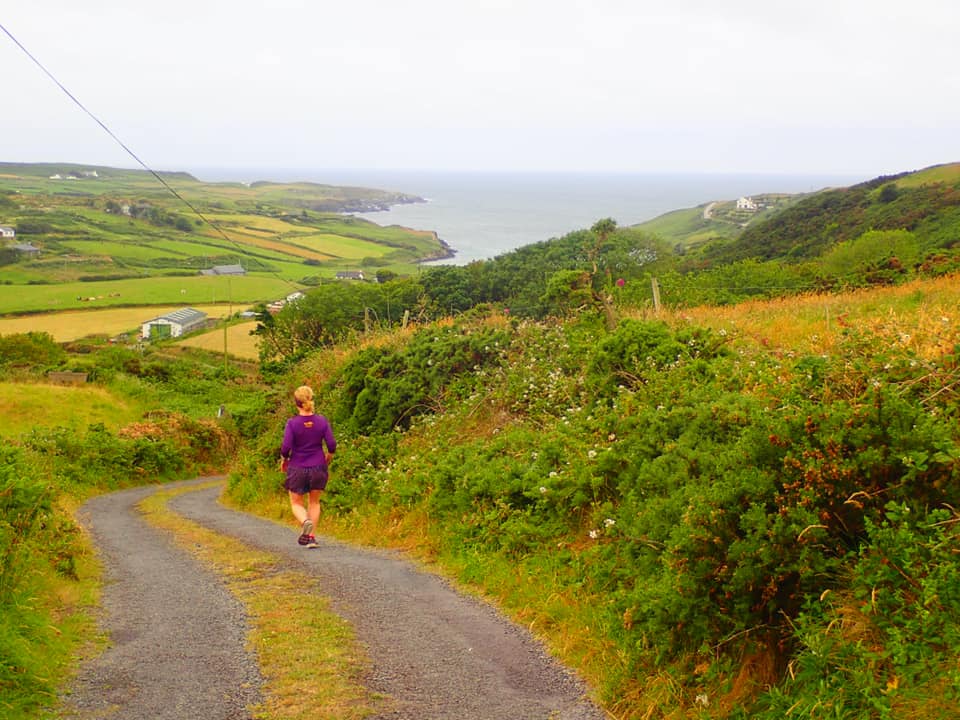Barry, our caretaker, stopped by one day last summer. He’s a really lovely dude who cuts our grass and looks after the place whenever we’re gone. Anyway, Barry was giving out about some Americans who were due to arrive at another property he looks after. They’d paid for the week but, instead of showing up, they’d spent the night at a hotel in town. “Why would anyone pay for a hotel when they’ve got a perfectly lovely place that they’ve already paid for?” Barry was baffled.
Of course, I knew what had happened. They’d come in late and couldn’t find the place. When I say we live in the outback and beyond, I mean it. It’s next to impossible to navigate the rural Irish roads with all the twists and turns without a solid set of spelled out directions. And good luck finding a road sign or a number on a house because they simply don’t exist. “They probably got lost and gave up figuring they’d track the place down in the morning when they were slightly less hysterical.”
Barry didn’t get it. “Well, why didn’t they stop somewhere and ask for directions?”
Barry’s got to be around 70 now and he’s spent his life within a two-mile radius from where he grew up. He understands references like “hang a right at the old creamery” (the old creamery, BTW, hasn’t been a creamery since 1969 and if you have no idea what a creamery even is, you wouldn’t look at the building and see the telltale signs) or “don’t turn into the first Sandy Cove road, take the second” but no stranger would. And, sure, the visitors may have the address of the place in hand, complete with postal code, but they have no idea that the postal code is the GPS coordinates of the place, which they’re supposed to plug into their navigator because, well, that’s not how Americans enter directions.
Which goes to show that people don’t always understand how others think because they’ve had entirely different experiences. The stuff we take for granted, it’s not always common knowledge. Those useful directions we dole out to folks who want our guidance, sometimes they’re way over their head because they haven’t traveled the path we have. They’re strangers to our world.
And here’s what I’ve always taken for granted: knowing how to make real money from a client-attracting, expert-positioning book. For the longest time, I couldn’t understand why anyone would think book sales, even a lot of them, would yield any kind of ROI.
Part of my job is putting in place a plan that will turn my clients’ books into lead-generating, moneymaking machines. That will seduce their readers into reaching out to them and identifying themselves. So that the authors can continue to grow the relationships. And sell to them far more than a book.
And that’s what I want to teach you how to do. That’s why I created this easy-to-digest course—How To Get A Ton Of Leads With Your Book—that walks you through, step-by-step—the three best ways to get your reader to engage with you so that you can sell them so much more.
When you have a relationship with your reader, one nurtured over time, they’ll happily buy the big-ticket products and services you’ve got in your sample bag. That’s how real money is made with a book.
If it dawns on you that you might need to know this stuff, you’re definitely going to want to buy this course.


